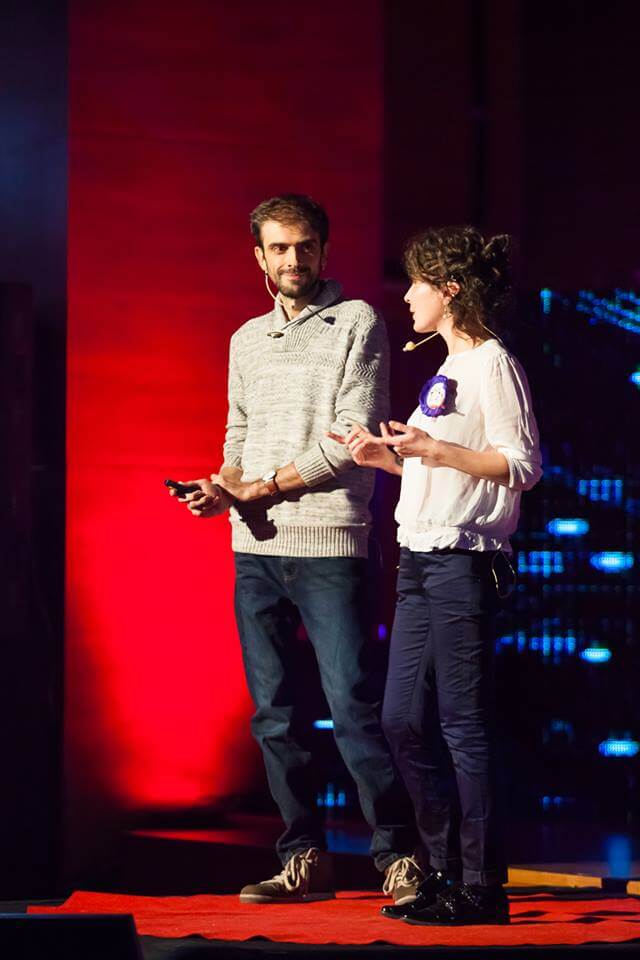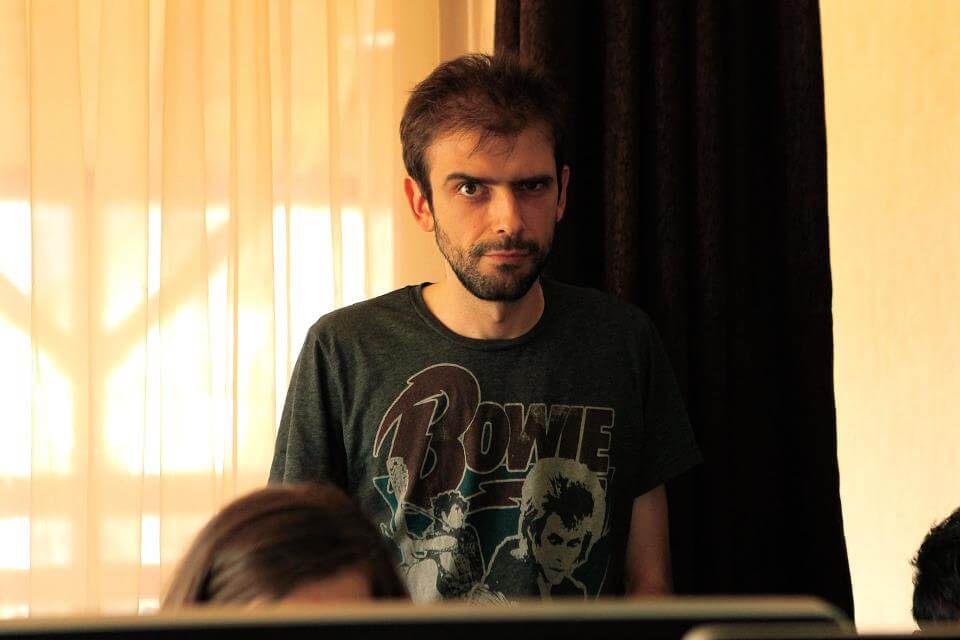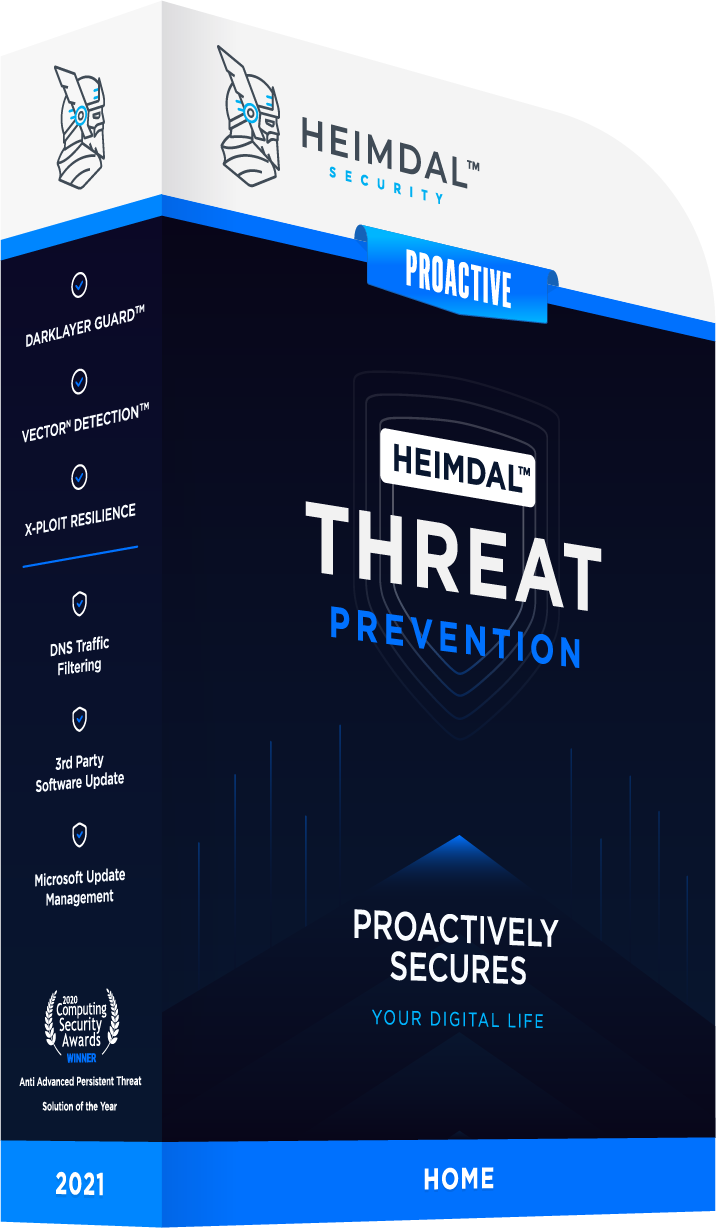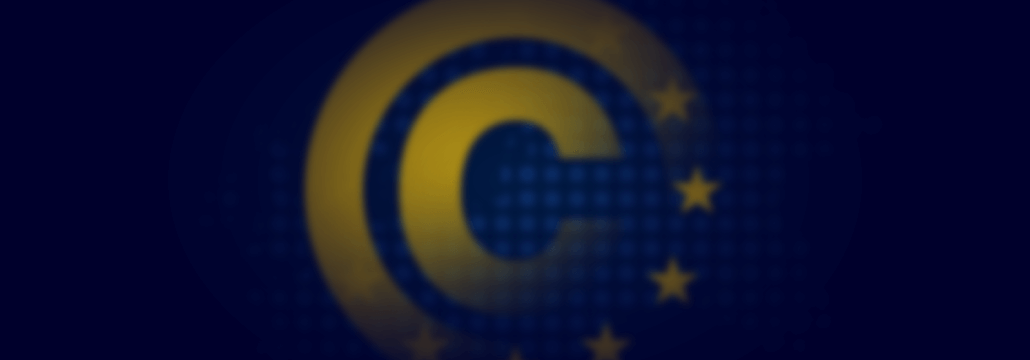Contents:
The new EU copyright law was passed at the end of March, in a highly controversial move. There were many voices campaigning against it, with prominent critics foreseeing that although this initiative means to tackle many of today’s online copyright problems, it might end up doing more harm.
More than 5 million people signed a petition against the initiative. The vote itself was a close call, but, sadly, a lot of the representatives who had a right to vote on the new law failed to attend. The opposing voices say that at least two issues of the EU copyright law are problematic: the so-called link tax and the upload filter. Both have been under intense scrutiny and suspicion, as critics claim they could be the end of internet and online free speech as we know it.
It’s true that the old laws regarding relations between businesses and consumers need to be updated after the internet revolutionized everything. The EU has done everyone a solid with the updated law on private data collection, namely the GDPR. With the new EU copyright law, however, it seems to have been more of a miss.

Alex Lungu delivering his TedTalk alongside his colleague, Ioana Pelehatai. Image source: TedXBucharest.
To help bring the voice of an expert to the table, I sat down (virtually) with Alex Lungu, one of the heads behind the Copy-Me web series, internet freedom campaigner and TedX speaker. Here’s what he had to say about the current concerns about the freshly passed copyright law.
Setting More Context for Discussing the EU Copyright Law
You can read more about the EU copyright law here, and more takes on why the new law is problematic on ZDNet, on the blog of Julia Reda, the German Member of EU Parliament who was among the most vocal critics of the law, and on the Electronic Frontier Foundation.
My Interview with Alex Lungu of Copy-Me: Does the New Law Bring Cybersecurity Risks?

Image source: Animation Worksheep.
Miriam Cihodariu: What does the new copyright law actually affect for the regular citizen (not for journalists or professional publishers)?
Alex Lungu: Everything you post online in the EU will have to go through an automatic filtering system. Robots can’t read irony or humor. So a lot of what we now post online could be flagged as a copyright violation. And automatically be taken down the minute you hit that “post” or “upload” button. It will essentially establish private censorship police, in which private, for-profit players get to decide what you can say online.
M.C.: How about small and medium companies, how will they get impacted by the new law?
A.L.: The new rules grant an exception for SMEs only for the first three years of an online service’s existence. You lose that privilege if you attain more than 5 million visitors or hit more than 10 million Euros in annual revenue. So if you want to grow, you will be forced to invest in an automatic filtering system sooner rather than later. Google spent 100 million dollars on YouTube’s ContentID, and it’s really inaccurate and prone to over-blocking. And you will prefer to over-block content in order to not risk being sued.

M.C.: From a cybersecurity point of view, will this make data better protected somewhat? Will the new law bring new cybersecurity risks?
A.L.: On the contrary, there are just a few filter companies out there, so an EU-wide filtering system is bad news for your private data. Germany’s Federal Data Protection Commissioner has already warned that the oligopoly of these filtering companies put people’s data at risk. There is a lot of data and internet habits to collect if you plan to filter everything that your users post on your website. Think of all the health data your app collects.
M.C.: Critics of the new copyright law say this will lead to a more centralized data management, in the hands of just a few companies. Will this mean more potential for hacking or for abuse?
A.L.: Of course. Fewer players on the market means that there is more data in a single place. There’s tons of information a bad actor can collect about you, and one place to get it all. From the private conversations with your close friends to the one nude photo you once sent to a friend by accident and immediately deleted.
M.C.: How about the voices that say this could negatively impact human rights in certain regimes?
A.L.: As far as I know, they are right to issue these warnings. A study from 2017 concluded that this filtering system is “incompatible with the Charter of Fundamental Rights of the EU”. These filters will certainly censor a film critic’s video if they use even a second of video from that movie. Or a political opinion if you use audio to illustrate the errors in a politician’s speech. These are unfortunate realities that people are already dealing with. An EU-wide adoption will only hinder free speech for the sake of protecting a very small percent of the industries out there.
M.C.: Does the new law inadvertently aid extra surveillance? Is that a good thing or a bad thing for cyber-security?
A.L.: In my book, any extra surveillance is bad. Most terrorists, for example, were already on watch lists and they even planned their attacks by communicating in plain text over unencrypted networks. The problem with today’s cyber surveillance isn’t that it doesn’t surveil enough. It’s that it casts a net which is way too wide. With such a big database, law enforcement doesn’t have the manpower or the capabilities to sift through all of it and detect the bad actors in time.
M.C.: Finally, how would you connect the new law to the risk of identity theft?
A.L.: Well, there’s plenty of evidence of maleficence already. Today’s filtering systems don’t call for any verification process for the person/company who claims a particular work. Anyone can claim that a video is theirs without any countermeasure. This leads to plenty of abuses. Music artists have had their music taken down from SoundCloud out of pure spite. Other bad actors have even tried to extort creators in exchange of releasing the copyright claim. We are just seeing the first wave of what can happen once you give people the power to censor someone else’s content.
M.C.: Thank you, Alex.
A few closing thoughts:
I guess we’ll all have to just wait and see how well the new EU copyright law will be implemented and how much of these pitfalls we will manage to avoid. Knowing how inertia in institutions works at a macro scale, I, personally, am not very optimistic.
But to make the best of the situation, I will follow-up this interview with more posts in which I’ll try to navigate with you how to protect your data, privacy and digital rights from the negative effects of this law. Whether you’re a small company, a blogger or a non-profit organization, I think I’ll manage to provide some actionable advice for everyone. Stay tuned by subscribing to our blog!










 Network Security
Network Security
 Vulnerability Management
Vulnerability Management
 Privileged Access Management
Privileged Access Management  Endpoint Security
Endpoint Security
 Threat Hunting
Threat Hunting
 Unified Endpoint Management
Unified Endpoint Management
 Email & Collaboration Security
Email & Collaboration Security








